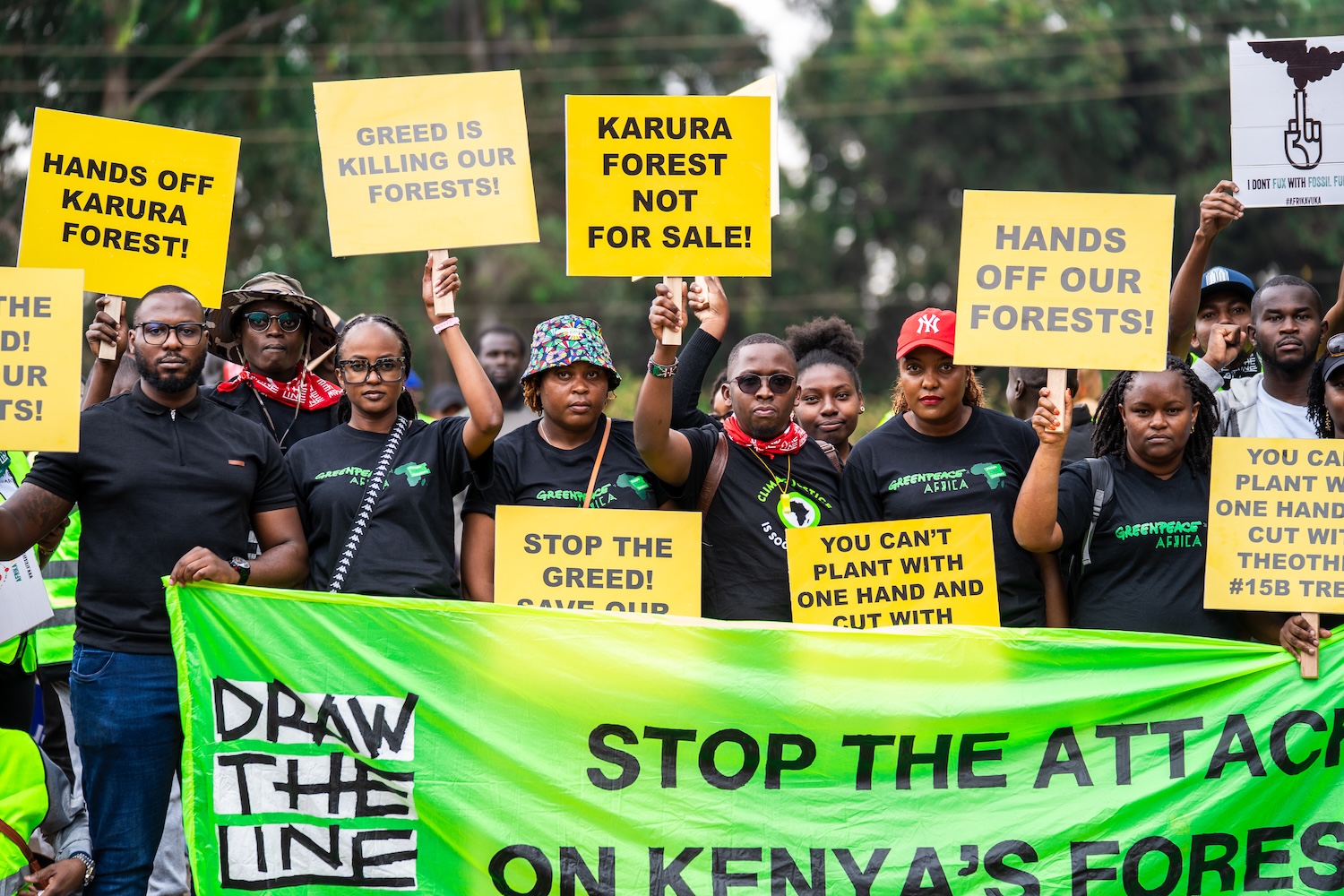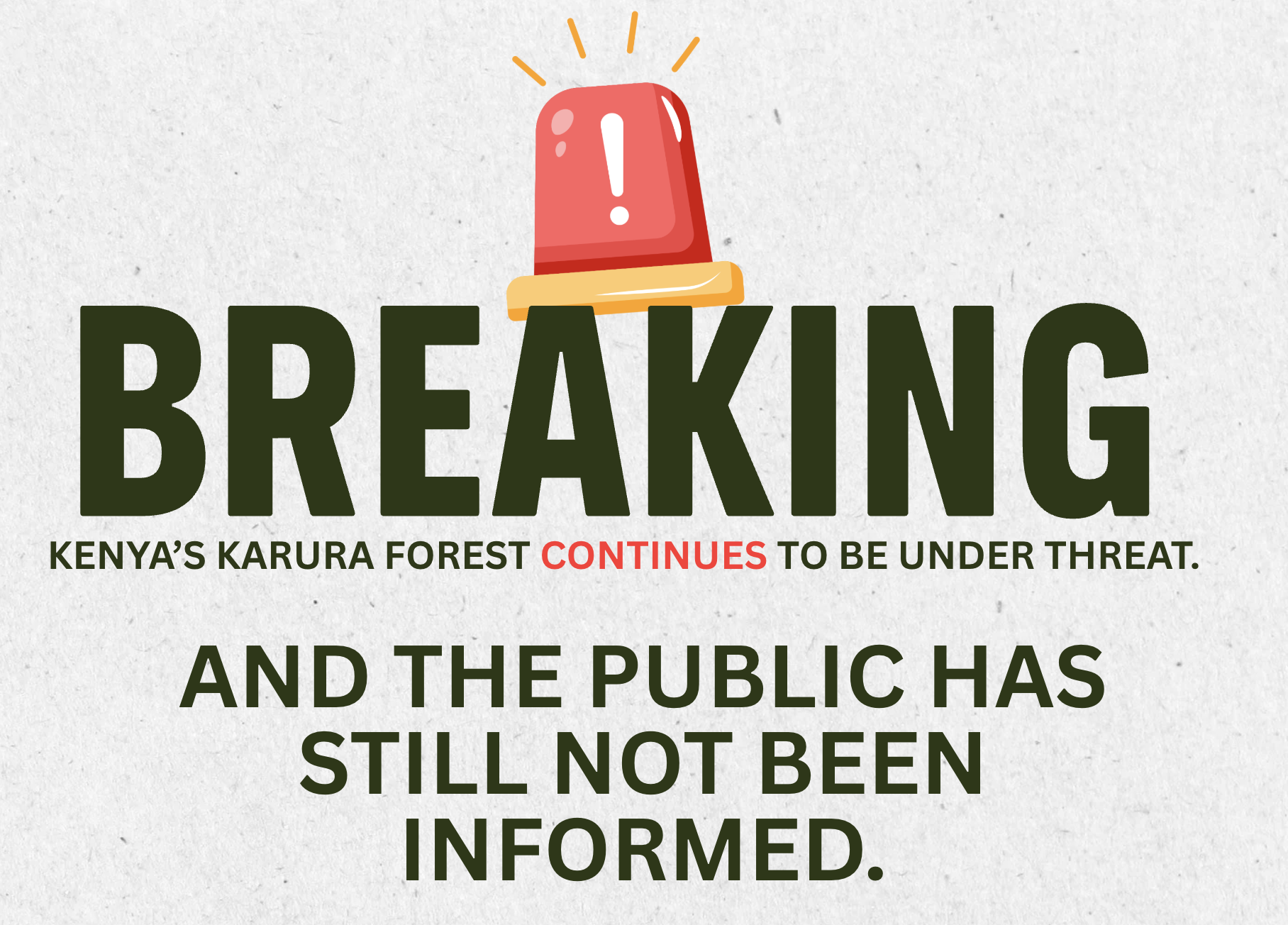As campaign season sweeps through Tanzania, the air is thick with promises. Politicians pledge jobs, new social services, better infrastructure, and ambitious welfare programs. On paper, this looks like democracy in motion. But for the Maasai and other Indigenous communities, these speeches sound like dispatches from another world. Their question is not whether the next president will build more infrastructure. It’s whether their communities will still have a home once the rallies fall silent.
In northern Tanzania, Maasai families are being pushed from their land under the banner of climate action and tourism value. Carbon credit schemes fence off grazing routes, while conservation authorities declare traditional livelihoods incompatible with modern wildlife protection.
The paradox is glaring: the very pastoralists who have safeguarded ecosystems for centuries are being recast as threats to them. “Nature-based must never mean people-erased.” Yet that is what these “green” projects deliver. Contracts are signed without free, prior, and informed consent. Cattle die as access to pasture and water is cut. Families fall into poverty. Children are pulled out of school as displacement unravels social fabrics. What is sold as climate action on paper feels, on the ground, like dispossession wrapped in green branding.
The government insists it is listening. Earlier this year, it launched two presidential commissions to review disputes in the Ngorongoro Conservation Area and to oversee voluntary relocation. But the commissions were created only after years of demolitions, intimidation, and service cuts that had already made life unbearable for residents. Last year, thousands of Maasai blocked the Ngorongoro-Serengeti road to protest forced evictions. Their resistance was met not with dialogue but with arrests, threats, and systematic voter exclusion.
And yet, campaign platforms remain silent. Candidates promise to eradicate poverty, even as poverty is being manufactured through land dispossession. They tout new jobs, utilities, and reforms, yet none commit to halting evictions or guaranteeing Indigenous land rights.
Civil society organizations have long demanded transparency, free, prior and informed consent (FPIC), and secure tenure for Indigenous peoples. So far, those demands have not entered the political mainstream.
True leadership in this election season would mean confronting land injustice head-on: halting forced evictions, suspending contested land deals in Ngorongoro, Loliondo, and other pastoralist areas, and guaranteeing FPIC for all carbon and conservation projects. It would also involve legally securing communal land tenure and the seasonal migration corridors that pastoralism depends on, as well as restoring social services that have been deliberately withdrawn to pressure communities into leaving. Just as crucial is the protection of dissenters and land defenders so that speaking out no longer carries the risk of arrest or violence.
Tanzania’s elections are being sold as a celebration of choice. But democracy that refuses to see entire communities is democracy in name only. The Maasai are not asking for charity. They are demanding recognition of their rights, their contribution in protecting ecosystems, and their equal stake in the nation’s future.Elections should be a shield for the vulnerable, not a mask for their erasure. And in the age of carbon markets and conservation schemes, one truth must be repeated: “nature-based” must never mean people-erased.



